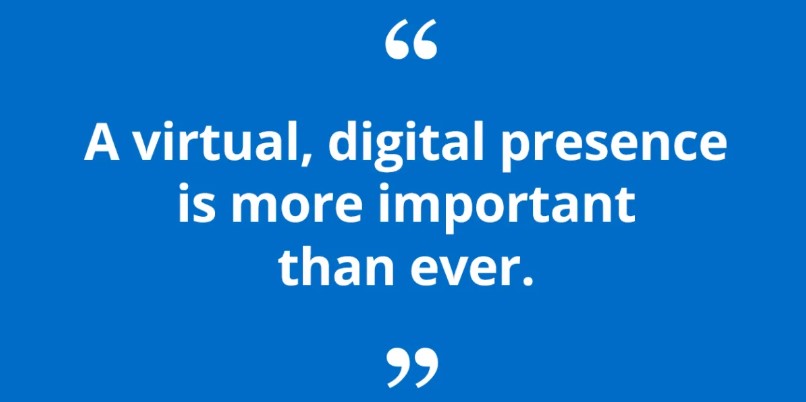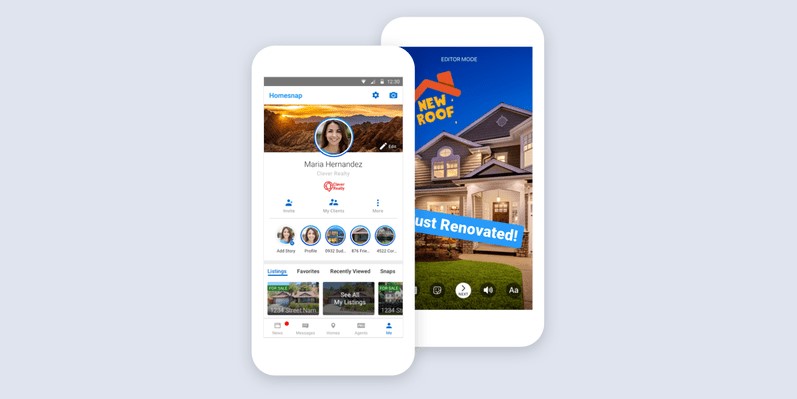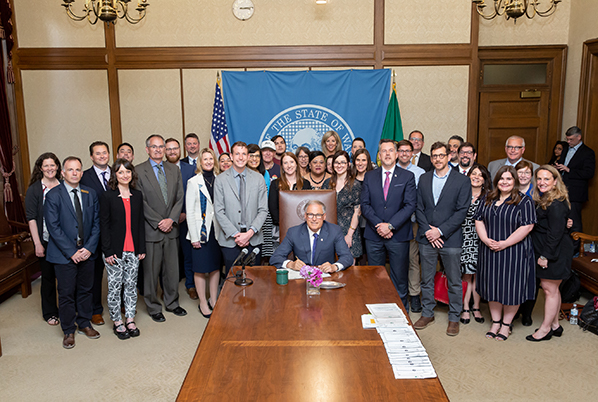
Earlier this week, in an attempt to “flatten the curve” and slow the spread of Coronavirus (COVID-19), the U.S. government announced new social distancing guidelines. The recommendations include limiting close in-person contact, avoiding crowds and large gatherings, and canceling public events.
For real estate agents, whose businesses depend on in-person interactions, the news hits close to home personally and professionally. Clients and prospects are becoming increasingly (and understandably) hesitant to attend listing presentations, face-to-face meetings, and private showings.
Many current sellers are canceling open houses out of concern for their own health and safety. Others, knowing buyers are unlikely to attend open houses, may pull their home off the market for the time being. And many would-be sellers, worried about opening their home to groups of unknown guests, may put their plans of marketing their listing on hold indefinitely.
While no one can predict what’s to come, for now, the impact of increased cautiousness is already being felt. New York reported double-digit drops in open house attendance since the beginning of March. Boston real estate organizations are ending in-person meetings. And Seattle, one of the cities most impacted by COVID-19, recently announced plans to halt open houses altogether.
In such uncertain times, safety remains everyone’s primary concern. But the reality is there’s still commissions to earn and bills to pay, and many of you might be apprehensive about how to keep your business running.
A virtual, digital presence is more important than ever
Homesnap was built for agents and brokers, and Homesnap is thinking of them in this critical moment. As you may have seen, the New York Post recently chronicled how real estate agents are turning to technology as a stand-in for open-houses and other in-person meetings.
Let’s take this opportunity to highlight one of the free Homesnap Pro features agents can use to do precisely that, because a strong online presence is going to be crucial for agents who want to mitigate the impact of COVID-19 and supplement the traditional face-to-face pieces of a real estate transaction.
Substituting in-person open houses with video
Homesnap Stories operate almost identically to Facebook and Instagram Stories (and can be pushed out in a single click on those social platforms, as well). Using Homesnap Stories, agents can add a video tour of themselves walking through a property directly to their listing page on Homesnap, making for an effective way to replicate the feeling of an open house.
Beyond highlighting a particular property’s amenities, Homesnap Stories allow agents to showcase their personality. Much of an agent-client relationship is predicated on strong personal relationships, and these virtual videos let agents build a little bit of a rapport when face-to-face contact isn’t an option.
Homesnap Stories are an effective way to do right by sellers, as well. Sellers must balance their apprehension of hosting an open house against their desire to sell their property. By using Homesnap Stories to host virtual walkthroughs, you’ll mitigate the drawbacks of in-person tours while demonstrating to your client you’re using every available tool to help them find a buyer.
Instructions and best practices on creating your own Homesnap Stories can be found here.
Adding a larger presence to your Homesnap profile
Agents using Android devices can add Agents Stories to their Homesnap Profiles as a way to further showcase who they are and introduce prospects and new clients to their business. They work in much the same way as Homesnap Stories, only they are hosted on your profile page rather than your listings.

With Agent Stories, the possibilities are endless. Agents can testify to their experience and knowledge of a market, invite clients to get in touch, even share a joke or two. Whatever way they’re used, Agent Stories are a much more personal and endearing alternative than a few lines of text and static headshot.
These too can be easily shared on social media.
We’re always here to help
There’s no two ways about it: This is an unprecedented moment. Everyone has been impacted by COVID-19 to some degree. Right now, all we can do is use the tools available to us to mitigate the impact on our businesses. We hope Homesnap Pro can help you do that.


